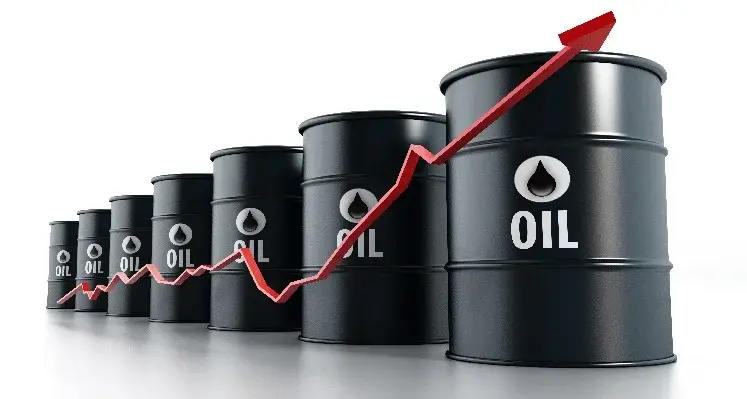Driven by rising seasonal demand and geopolitical uncertainty, global oil markets could see tighter balances this summer, despite a projected surplus of supply in 2025, according to Rystad Energy
This year, global liquids demand is expected to grow modestly by 700,000 barrels per day (bpd), while supply surges by 2.2 million bpd—three-quarters of which is expected from non-OPEC+ producers. Of this, 1.8 million bpd will come from crude and condensate. Despite the challenges, Rystad maintains a constructive view of the crude oil balance heading into the Northern Hemisphere summer.
According to the forecast, refinery demand is said to rise by 2 million bpd during the summer months, which should help absorb the additional supply, tightening the market. If the summer sees a hotter-than-normal situation, it could further increase crude demand for power generation, especially in the heat-vulnerable regions.
Iran, however, remains a wildcard. Iranian oil production has rebounded despite ongoing sanctions, primarily due to continued purchases from China, estimates suggest. However, recent U.S. sanctions on several Chinese independent refiners, commonly known as ‘teapots’ and a Singapore-based trading firm, could curb Iran’s exports by as much as 500,000 bpd. But, if a deal were to be struck, Iran could add that amount back to the market by late 2025, with more upside in 2026 depending on investment.
Rystad Energy’s vice president of Commodity Markets, Priya Walia, cautions that geopolitical tensions could alter market dynamics. “The market isn’t pricing in a full-scale escalation between Israel and Iran, at least not yet,” she said, adding, “If tensions were to escalate, we’re likely looking at temporary trade shifts or a supply hit of around 500,000 barrels a day, something OPEC+ could offset fairly quickly.”
Still, any disruption to the Strait of Hormuz, through which nearly 26% of global seaborne crude flows could complicate logistics and trigger broader concerns,.“Any escalation that chokes Hormuz is not just a risk to the Middle East, but also a global issue,” she said, noting it would raise questions around strategic reserves and supply diversification.






